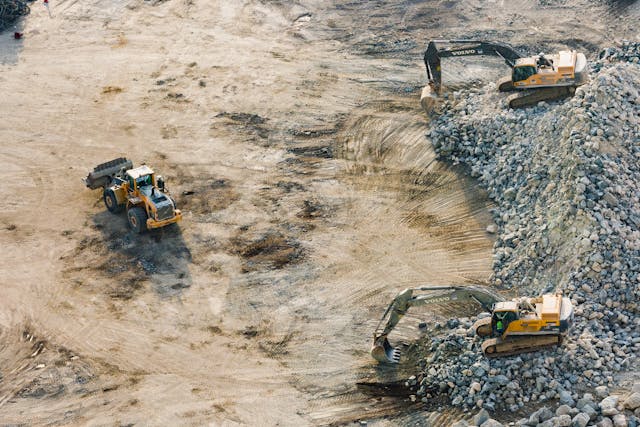Beijing’s Latest Trade Move Prompts Urgent European Deliberations
The European Union is advancing plans for a coordinated reply after China announced expanded export controls on a range of critical minerals vital to Europe’s industrial supply chain. The measure, outlined in Beijing’s Announcement No. 61, adds several rare-earth elements—among them erbium, holmium, thulium, europium, and ytterbium—to China’s list of restricted exports. Following a meeting on 14 October 2025, EU Trade Commissioner Maroš Šefčovič confirmed that the bloc is consulting with G7 partners to defend its strategic industries and limit the impact of China’s decision on high-tech and green sectors.
Europe’s Exposure Highlights Supply Chain Fragility
China’s overwhelming dominance in rare-earth refining—producing over 80 percent of global output—has left Europe vulnerable to sudden trade shifts. The new rules, set to come into force on 1 December 2025, could constrain supplies for electric vehicle manufacturers, renewable energy projects, and advanced defense systems. Economists warn that this development underscores the continent’s dependence on Chinese-controlled resources and reinforces the urgency of diversifying supply. European leaders have renewed calls for greater investment in local mining, recycling infrastructure, and new trade links with resource-rich regions in Africa and northern Europe.
Brussels Pursues Coordinated Diplomacy Before Escalating Measures
Instead of opting for immediate counteraction, EU officials are emphasizing collective diplomacy and legal assessment. Consultations with allies in the United States, Japan, and Canada are already underway to explore a joint approach and examine whether China’s new policy breaches World Trade Organization rules. Danish foreign minister Lars Løkke Rasmussen, who currently presides over the EU Council, described the situation as “a defining test of Europe’s strategic unity.” The European Commission is expected to unveil a detailed response plan later this year, combining short-term protections with long-term strategies to reduce reliance on Chinese mineral exports.


